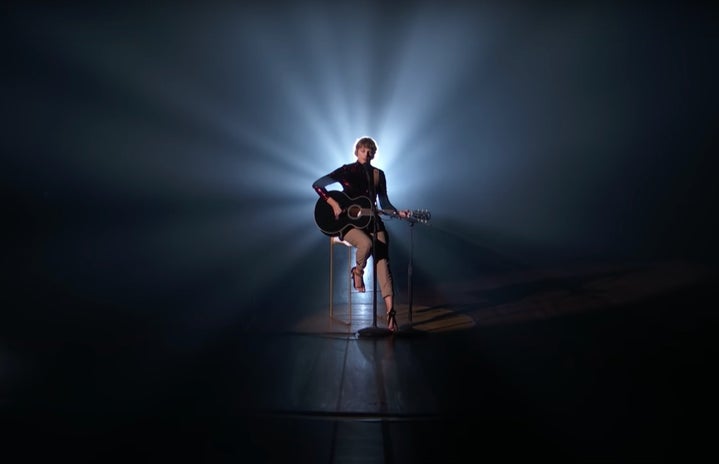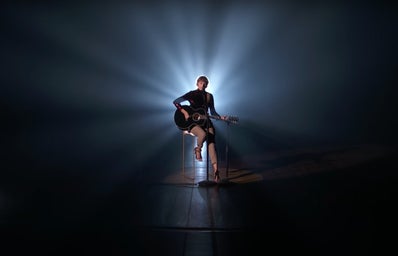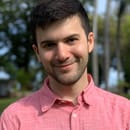Growing up as an internet child, I always had access to consuming the media I found myself enjoying. This access grew at the same time that our technologies that communicated said types of media evolved and became more reachable. I went from watching my favorite artists through their music videos on YouTube—media that was curated and produced professionally—to following my favorite artists on Instagram and Twitter, having new access to media that simulated a more personal connection.
As I’ve grown older and wiser when it comes to celebrity and pop culture, while still an avid media consumer, I’ve become aware of how and why celebrities, specifically musicians, seek to develop these parasocial relationships with their fan bases, how intense these relationships can get, and the pressures that come from being a person in the public eye. This is not to imply an aversion to enjoying and consuming the media produced by our favorite musicians, but to offer a moment to reflect on our personal relationships with their content and appreciate what we’ve gained from them.
As defined in Parasocial Relationships with Musicians, parasocial relationships develop between individuals and characters created to be perceived and consumed through media. However, this is not limited to fictional characters. It includes celebrities and other people in the public sphere. With musicians, the study establishes, there exists a unique layer to their fame, since their appeal comes from the perceived authenticity of the media they produce. While an actor builds a following based on the characters they portray on screen, a musician produces content based on personal experience (or a simulation of it), which is presented through music made for mass consumption that pivots towards creating a sense of relatability in the listener.
Twitter and online pop culture forums such as ATRL are quintessential in observing how these relationships develop, how they sustain themselves, and how people within a same fanbase interact with each other and with people from other fanbases. What on the surface may seem as mere pop culture banter, in effect, behaves as a subculture.
Taylor Swift’s fanbase, also known as the swifties, is arguably one of the most pointed examples of the capacity musicians have to engage with their fans and build a fanbase, while still maintaining a level of privacy that, instead of creating distance between the artist and the fan, establishes a familiarity between Swift and her swifties. This relationship is primarily sustained by Taylor Nation, the department of Swift’s team that manages her fanbase. Through careful following of fan accounts, Taylor Nation has scouted fans to receive exclusive access to Taylor Swift merchandise, and even access to the singer herself.
In the development of this relationship between a musician and their fanbase, there’s also the possibility of it having a negative impact on the artist and, by proxy, their fans. These adverse effects are primarily based on the pressures and dynamics of being an individual whose profession, in effect, requires to be a product for the public. Lorde’s Solar Power and Lady Gaga’s Chromatica provide perspective on this and how the artists’ relationship with the public have changed throughout their respective careers.
Everyone has a public figure they look up to, whether these come from the music industry or not. Although our relationships with them may be strictly through a screen, this does not take away from our genuine enjoyment of them and their content, and the positive impact that a public figure, through their work and media presence, can have on us. It’s about understanding that, beyond the parasocial relationship, musicians are humans and should not be idealized to the point where they lose their humanity and we lose sight of ours.


